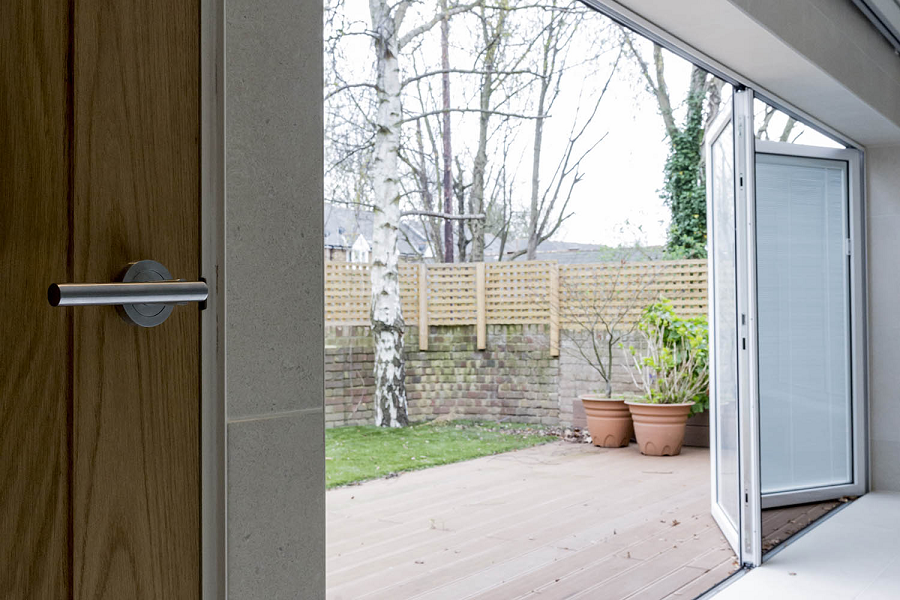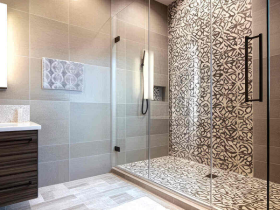5 Key Considerations When Widening Doors for Accessibility

Creating an accessible home environment is crucial for ensuring that individuals with mobility challenges can move around comfortably and safely. One of the most impactful modifications you can make is widening your doors. Here are five key considerations to keep in mind when widening doors for accessibility:
1. Doorway Dimensions
The first consideration when widening doors for accessibility is determining the appropriate dimensions. The Americans with Disabilities Act (ADA) recommends that doorways should be at least 32 inches wide when the door is open to 90 degrees. This width accommodates most wheelchairs and walkers, ensuring that individuals can pass through comfortably. Depending on specific needs, you might consider even wider doorways to provide additional space for maneuvering.
2. Structural Changes
Widening a doorway often requires structural changes to your home. This can include removing and relocating wall studs, electrical wiring, or plumbing. It’s essential to work with a qualified contractor who can assess the structural implications and ensure that the modifications do not compromise the integrity of your home. Proper planning and execution are crucial to avoid potential issues and ensure a smooth transition.
3. Aesthetic Integration
Maintaining the aesthetic appeal of your home while making accessibility modifications is important. When widening doors, consider the design and finish of the new doorway. Choose materials and styles that complement your existing decor. This might include selecting matching trim, paint, and door hardware to ensure that the widened doorway blends seamlessly with the rest of your home.
4. Cost Implications
Widening doors can be a significant investment, so it’s essential to consider the cost implications. Factors that influence the cost include the extent of structural changes, the materials used, and labor expenses. Obtain multiple quotes from contractors to get a clear understanding of the budget required. Additionally, explore potential funding options or grants available for home accessibility modifications to help offset the costs.
5. Professional Expertise
Engaging professional expertise is critical when widening doors for accessibility. An experienced contractor will have the knowledge and skills to handle the structural, aesthetic, and functional aspects of the project. They can also ensure that the modifications comply with ADA standards and local building codes. Choosing a reputable professional will give you peace of mind, knowing that the job is done correctly and safely.
Conclusion
Widening doors for accessibility is a thoughtful and impactful modification that enhances the comfort and independence of individuals with mobility challenges. By considering the appropriate dimensions, structural changes, aesthetic integration, cost implications, and professional expertise, you can ensure a successful and seamless transition. These key considerations will help you create a more inclusive and accommodating home environment that meets the needs of all residents and visitors.
Leave a Reply
You must be logged in to post a comment.

















Leave a Reply